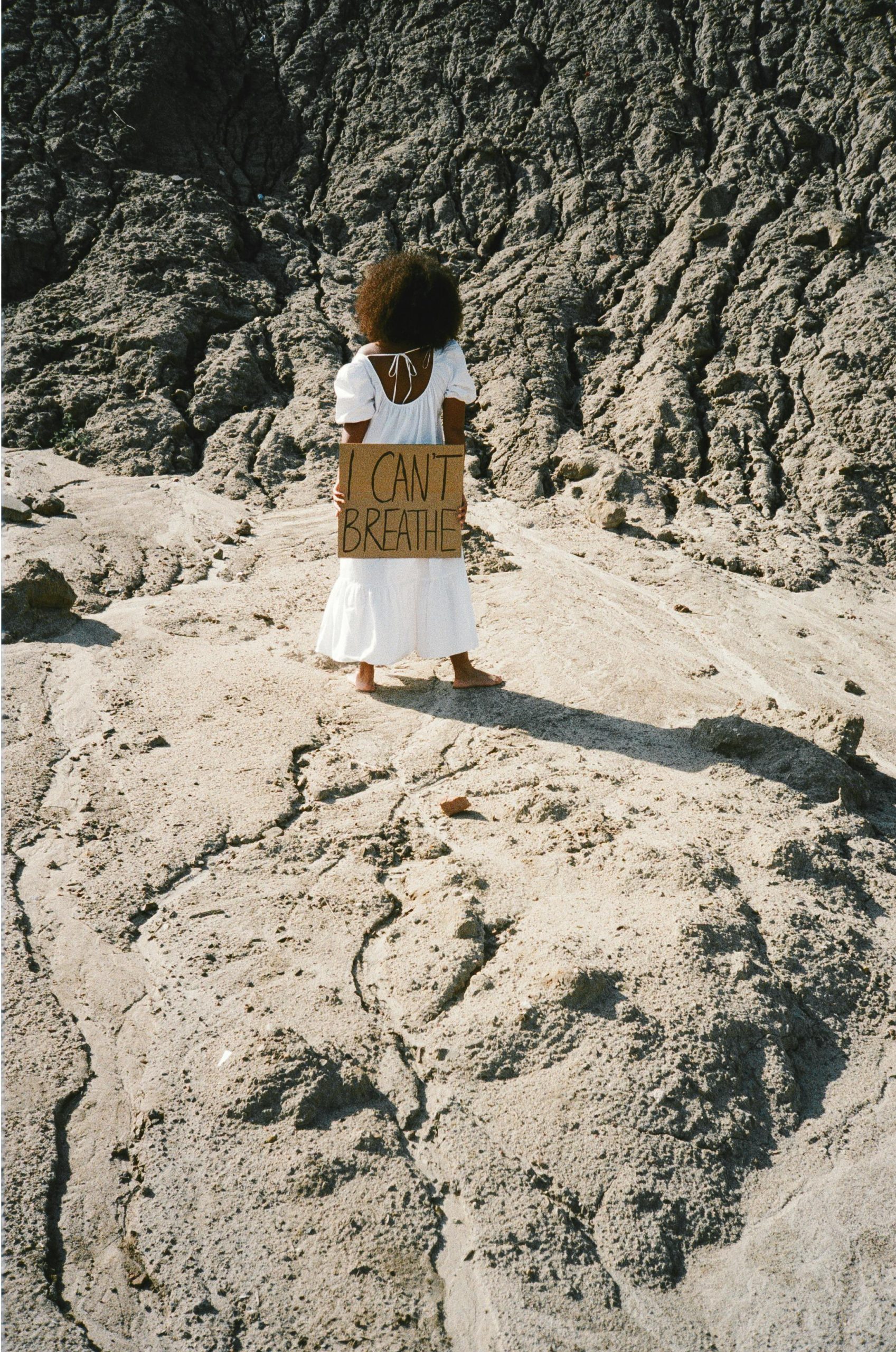Does a “Full and Final Settlement” Leave No Room for Negotiation?
I recently submitted a demand letter to the insurance company of the driver at fault (Farmers), and they replied with a settlement offer for my bodily injury claim. In their communication, they indicated that the offer of $x,xxx is a “full and final settlement.”
Does this imply that they aren’t open to negotiations, or is it merely a common phrase meant to discourage counteroffers? Has anyone managed to successfully negotiate after receiving a “full and final” offer?




The term “full and final settlement” typically indicates that the insurance company intends for the offer to fully resolve your claim, suggesting that no further negotiations will be entertained once it’s accepted. However, this doesn’t completely eliminate the possibility of negotiations.
Insurance companies often use this language as a tactic to encourage claimants to accept lower offers quickly and deter them from seeking higher compensation. It’s important to understand that you are not obligated to accept their first offer. If you believe the settlement amount is inadequate based on your damages, you can certainly counteroffer.
Many individuals have successfully negotiated after receiving a “full and final” offer. When doing so, it can be helpful to present clear evidence of your injuries, treatment costs, lost wages, and any other relevant damages to strengthen your case. Be prepared to make a strong argument for why a higher compensation amount is justified.
Ultimately, if negotiations don’t lead to a satisfactory resolution, you might consider consulting with an attorney who specializes in personal injury claims. They can give you personalized advice and may offer more leverage in negotiations.